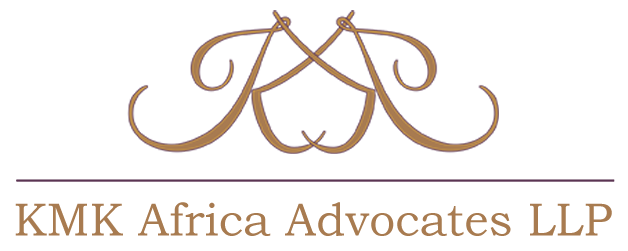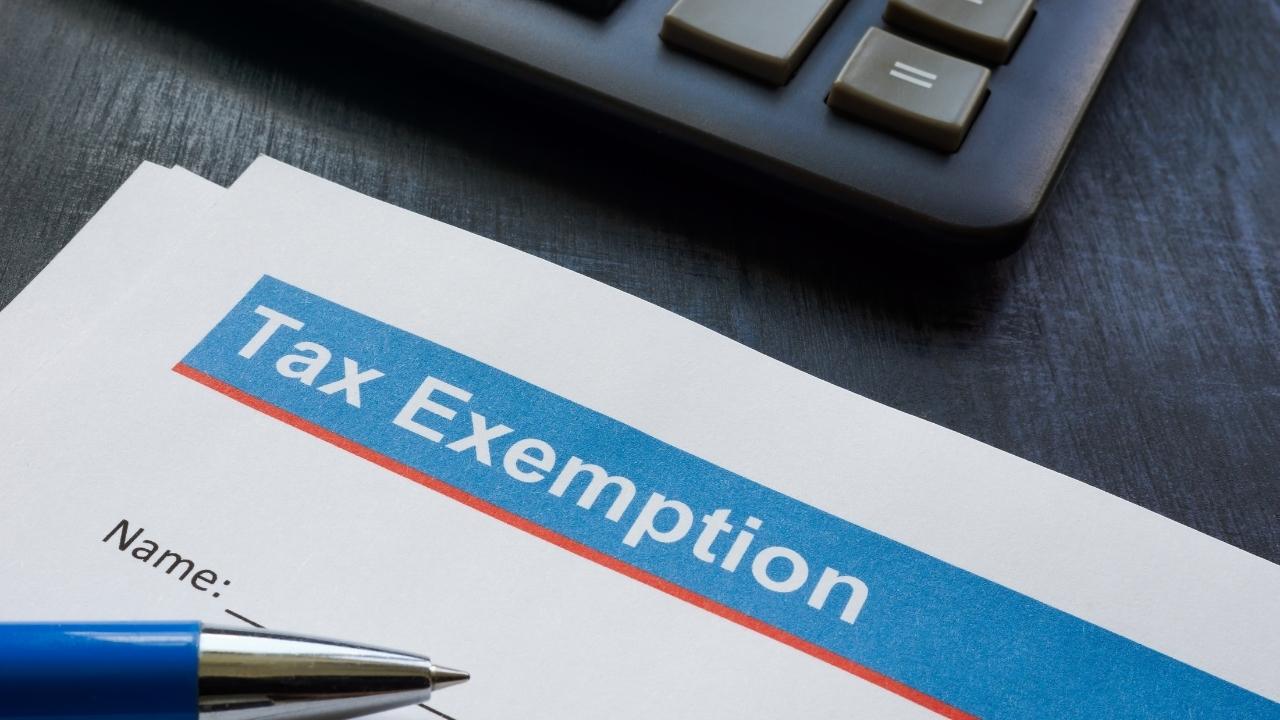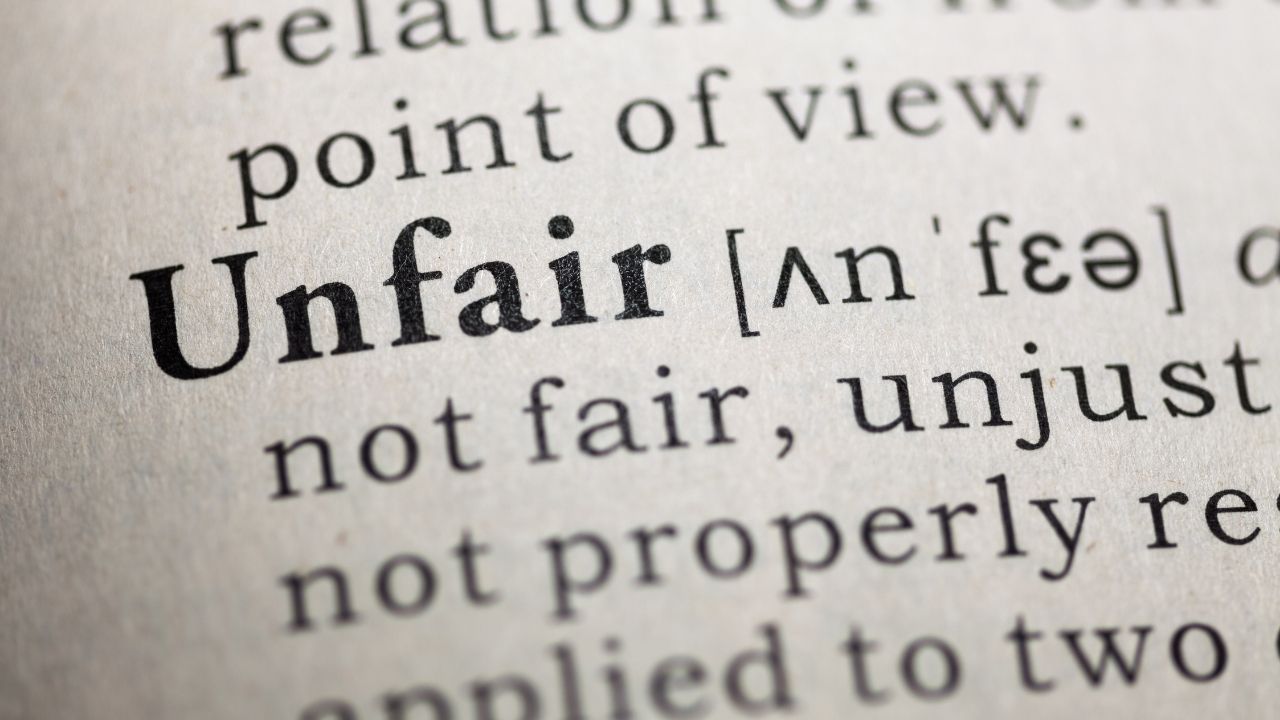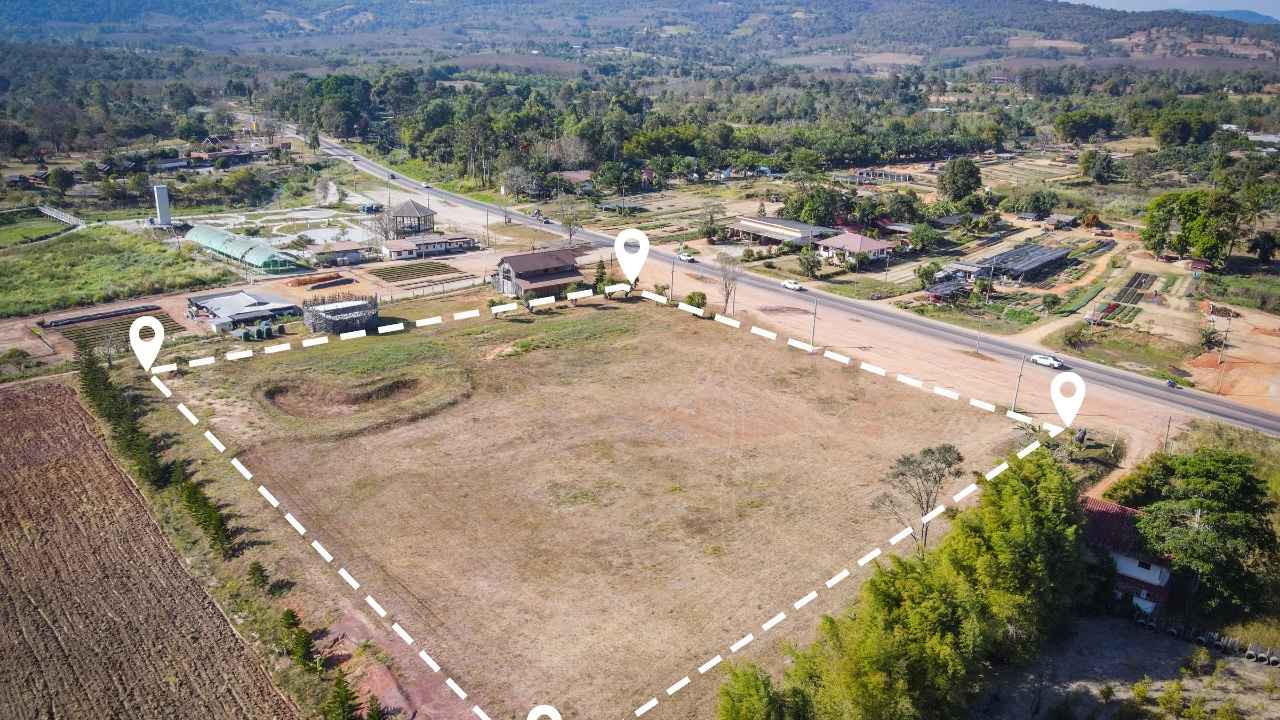In a significant judgment, the High Court of Kenya in Cale Infrastructure Construction Company Limited v Commissioner of Customs and Border Control & another (Tax Appeal E234 of 2024) [2025] KEHC 11263 (KLR) dismissed an appeal challenging a Kshs. 6.9 billion tax assessment related to the Nairobi Expressway Project. Delivered by Justice F. Mugambi on July 31, 2025, the decision affirms the Tax Appeals Tribunal’s upholding of the Commissioner’s review, emphasizing the limits of tax exemptions in public-private partnerships (PPPs) and the primacy of statutory tax obligations.
Case Background
The appellant, Cale Infrastructure Construction Company Limited, was subcontracted by Moja Expressway Company Limited for pre-construction and construction works on the 27-kilometer Nairobi Expressway from Mlolongo to Westlands. Under the project agreement, Cale received exemptions from Customs Duty, Value Added Tax (VAT), Import Declaration Fees (IDF), and Railway Development Levy (RDL) for imported or locally procured vehicles, equipment, spares, and materials, conditional on exclusive use for the project.
Following a 2020-2022 audit, the Commissioner assessed taxes of Kshs. 6,924,759,976. Cale paid Kshs. 3,505,951 but appealed the balance to the Tribunal, which dismissed the appeal on July 19, 2024. Cale then appealed to the High Court on three grounds: erroneous demands for taxes on machinery/equipment (Kshs. 359 million), hardware tools/spares (Kshs. 863 million), and consumed materials (Kshs. 5.7 billion), citing ongoing project status and a government undertaking to pay certain taxes.
Key Legal Issues and Court’s Analysis
The court addressed each ground under Section 56(2) of the Tax Procedures Act, limiting review to questions of law.
Tax on Machinery, Equipment, and Motor Vehicles (Kshs. 359,047,353): Cale argued exemptions continued as the project was incomplete without a Performance Certificate under Clauses 17.2 and 17.3 of the agreement. The court rejected this, interpreting Clause 17.2(d) as distinguishing substantial from final completion. The Completion Certificate issued by Kenya National Highways Authority (KeNHA) on May 13, 2022, and the expressway’s public opening on May 14, 2022, evidenced substantial completion, lapsing exemptions. The court noted Cale benefited from operations (over 10 million vehicles in six months) and bond cancellations, precluding claims of incompleteness.
Tax on Hardware Tools and Spares (Kshs. 863,234,745): Cale contested that bond cancellations did not apply to these items or end exemptions. The court upheld the Tribunal’s factual findings that letters from the State Department for Infrastructure (dated June 20, 2022, and August 4, 2022) explicitly included these in cancellation requests. Exemptions were bond-conditional; their release ended privileges. The defect liability period did not justify continued exemptions, as Cale failed to maintain bonds.
Tax on Consumed Materials (Kshs. 5,698,971,927): Cale claimed the National Treasury’s undertaking relieved it of liability. The court agreed taxes were due but held statutory obligations under tax laws remain with the importer (Cale). The undertaking neither transferred liability nor bound the Commissioner, a non-party, to enforce it against the Treasury. In default, recovery from Cale was lawful. The Court was of the view that Kenya Revenue Authority was not privy to the arrangement between the appellant (Cale) and the National Treasury, and was therefore under no legal obligation to enforce the undertaking or wait for its fulfilment and that in the event of default by the Treasury, KRA was lawfully entitled to seek recovery from the appellant (Cale) as the primary taxpayer. In court’s reasoning, it was incumbent upon the appellant, having benefited from the exemption process, to ensure that the undertaking was honoured by the Treasury.
Disposition
The appeal was dismissed, upholding the Tribunal’s decision.
Implications for Clients
This judgment clarifies that tax exemptions in infrastructure PPPs end at substantial completion, typically marked by completion certificates and operational handover, not final defect resolution.
It further warns against relying solely on government undertakings for paying tax without mechanisms to enforce them, as primary tax liability remains with the taxpayer. For contractors, this heightens risks in project financing, potentially requiring contingency provisions or bonds during defect periods.
In Kenya’s tax landscape, the judgment reinforces strict compliance audits and the Commissioner’s independence from inter-governmental arrangements. Businesses in similar projects may face increased scrutiny on exemption durations, impacting cost projections and negotiations.
Recommendations
- Contractors and Developers: Incorporate clear definitions of project completion in agreements, aligning with tax exemption terms. Maintain bonds or seek extensions for post-completion phases.
- Tax Planning: Secure enforceable guarantees for government undertakings, possibly through tripartite agreements involving revenue authorities.
- Litigation Strategy: Appeals must demonstrate legal errors; factual disputes rarely succeed. Engage experts early for audits.
- Consult tax advisors to review ongoing exemptions and mitigate liabilities.



